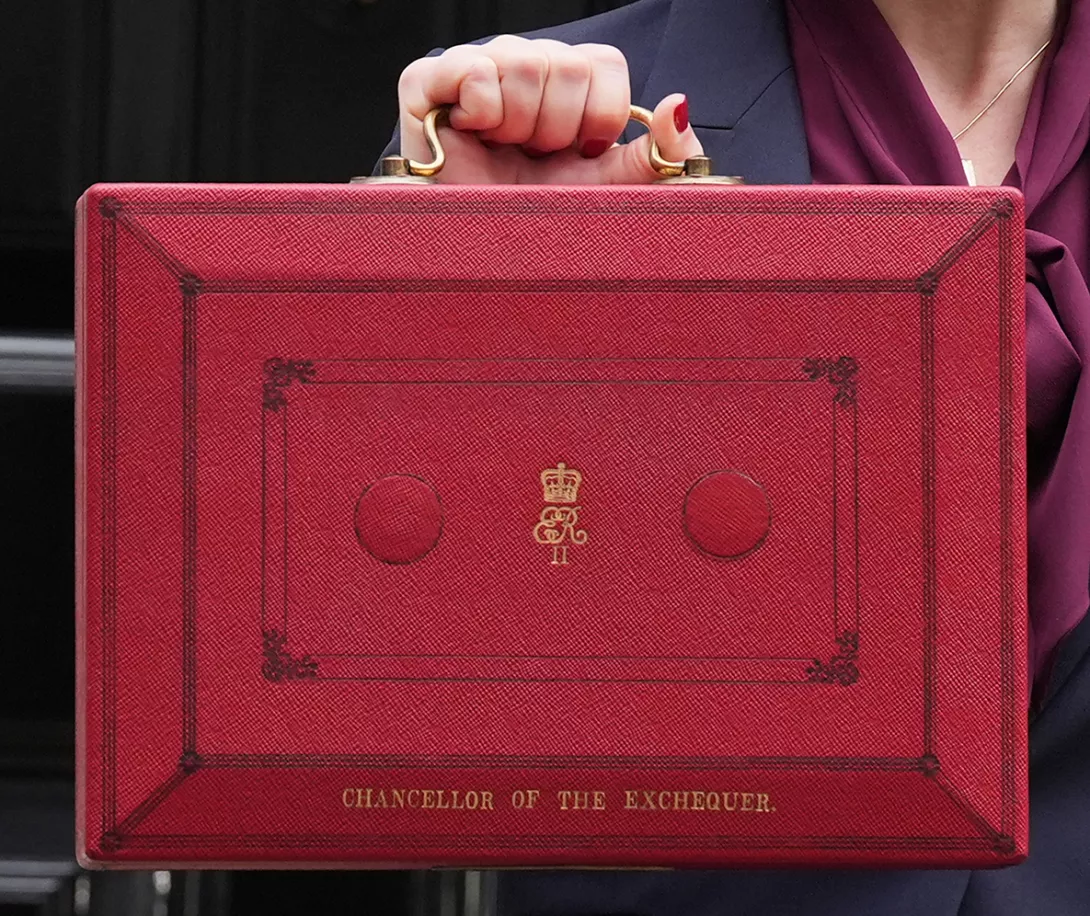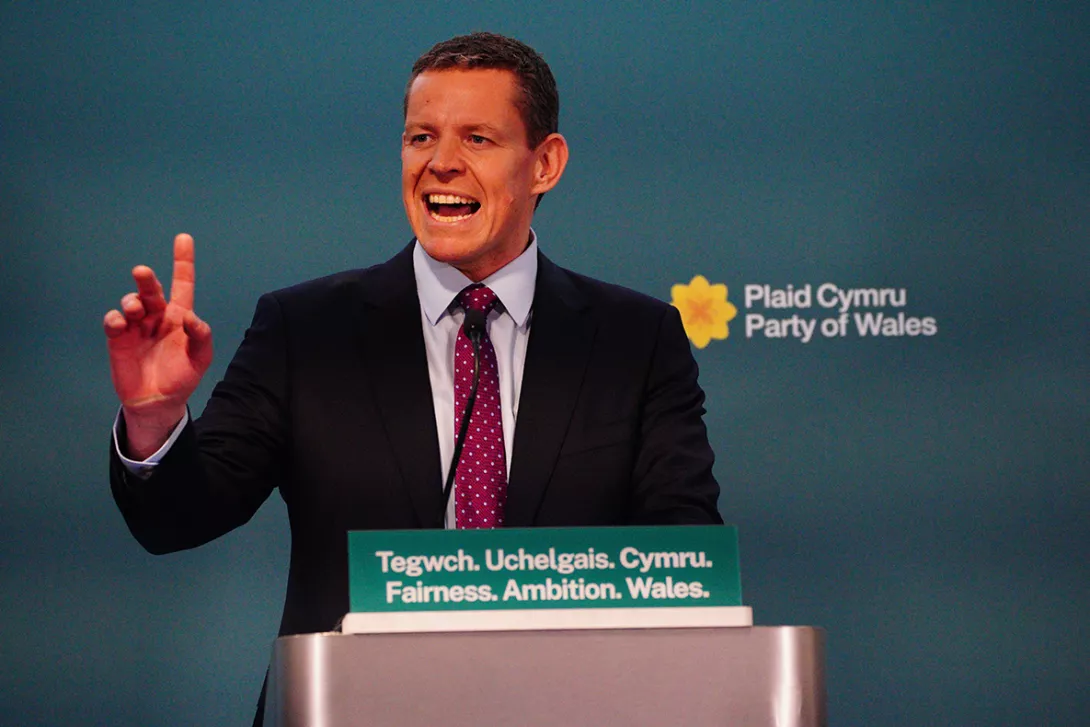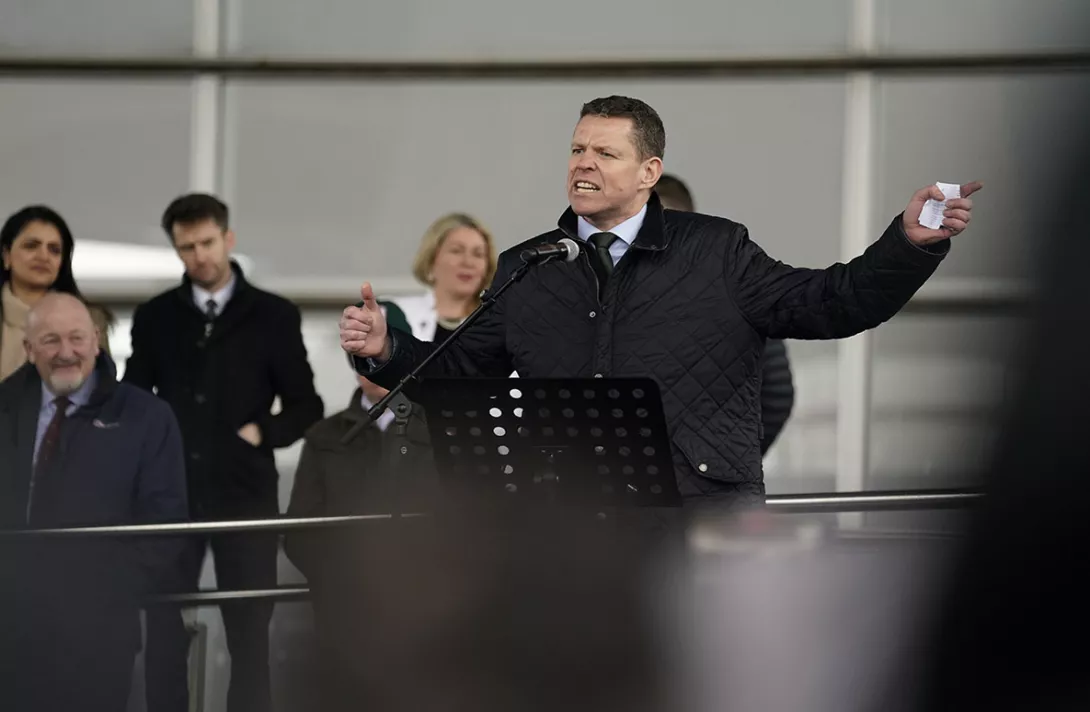A new book shows the group’s close links to Labour Together, which hoodwinked the party membership into voting for Starmer on fake left promises. SOLOMON HUGHES attempts to get some answers about what ‘Blue Labour’ actually stands for
Wales left in the shadows by Labour’s Budget
Wales left in the shadows by Labour’s Budget
The first Budget of the Labour government falls far short of addressing Wales’s needs, maintaining austerity-era policies while providing inadequate funding for critical services and infrastructure, writes LUKE FLETCHER MS
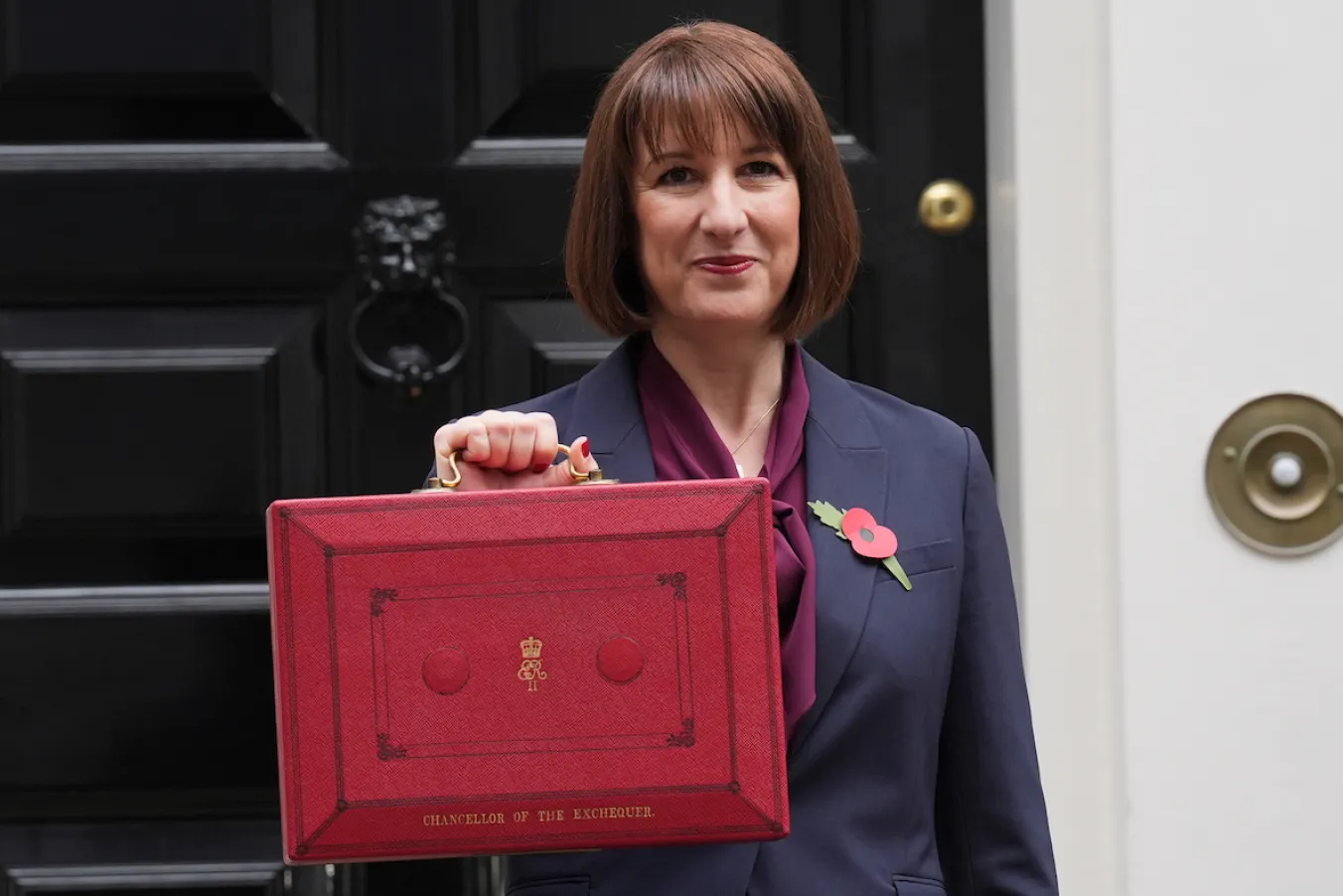
LABOUR’S Budget will still feel like austerity to many.
The Chancellor’s recent Budget promised a clean break from Tory austerity. Labour governments in England and Wales promised a “partnership of power” — two governments working together — but there was little good news in Wednesday’s announcements for Wales.
After 14 years of relentless cuts to public services, massive transfers of wealth from public to private hands, stagnant wages not seen since the Napoleonic era, a revolving door of prime ministers and a mini-Budget that triggered a severe cost-of-living crisis, Rachel Reeves’s Budget held some promise to deliver the transformative change that, during the general election, we were told would come.
More from this author

LUKE FLETCHER fleshes out Plaid Cymru's plan for the revitalisation of Wales's economy

After Joe Biden’s cynical last-minute clemency for Cuba, the new administration has quickly returned to maximum subversive tactics. This socialist island needs our support now more than ever, writes LUKE FLETCHER MS
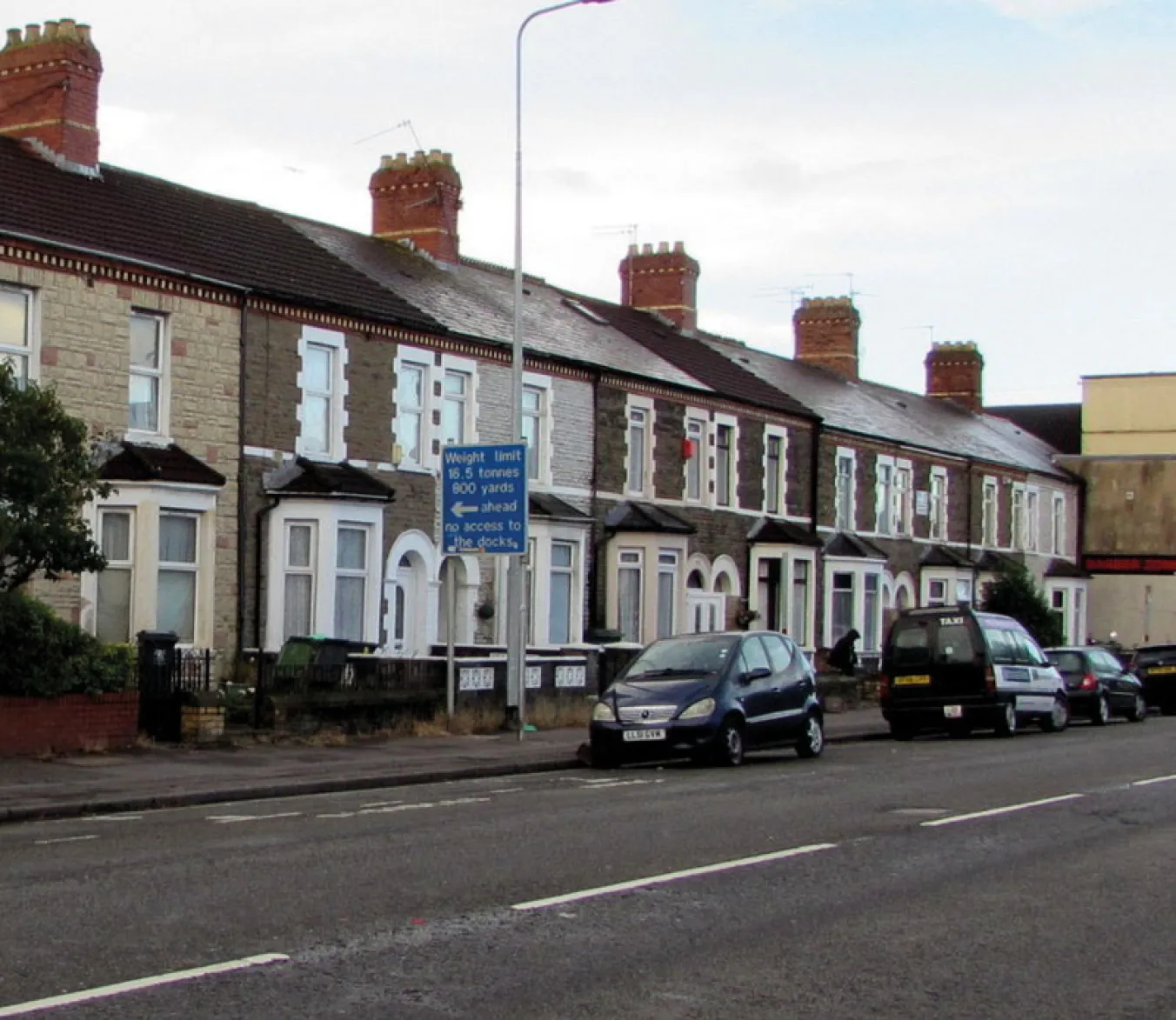
The Welsh government is shying away from the obvious answer to a spiralling rental market and increased housing precarity – well-designed and implemented rent controls, writes LUKE FLETCHER
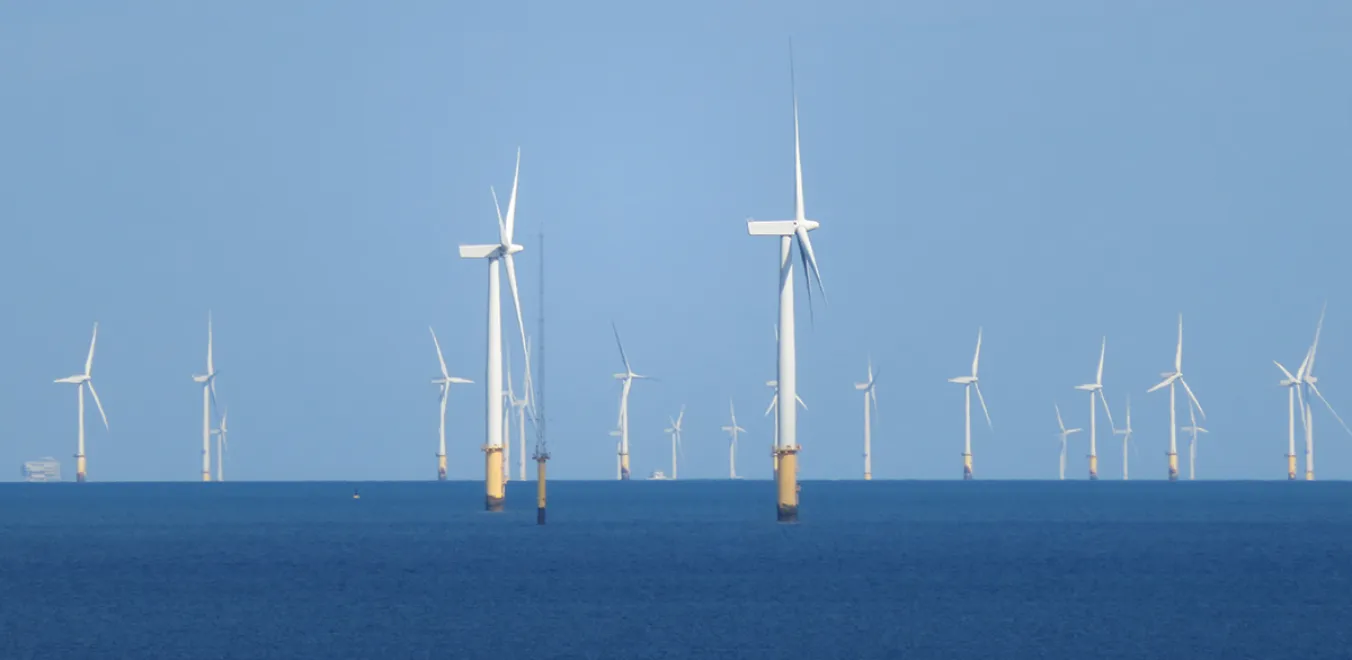
LUKE FLETCHER is concerned by the vagueness of Great British Energy's promised benefits to communities in Wales
Similar stories


 Latest editorial
Latest editorial








